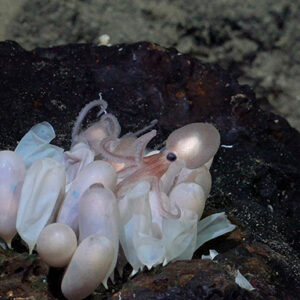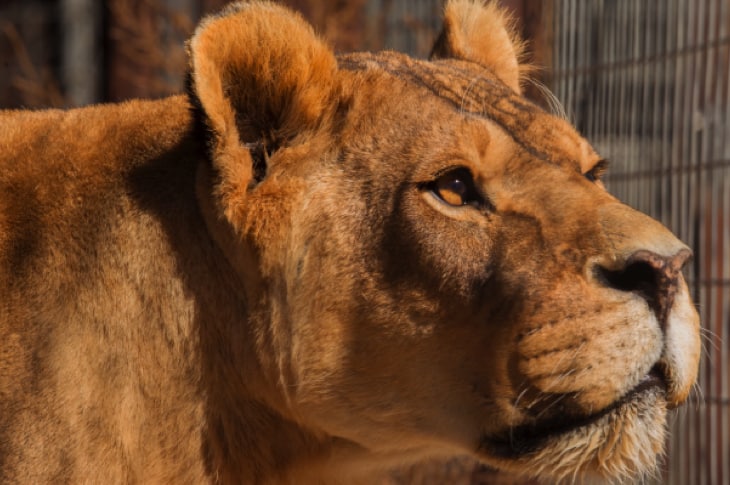
The Lion’s Gate Animal Sanctuary in Agate, Colorado has community members and animal lovers reeling after they released a statement announcing that they had euthanized five bears, three lions and three tigers at their facility. The sanctuary cited the Elbert County commission’s denial of their request to move to a larger facility as their reason for the euthanasia after flooding had damaged their current sanctuary, but nearby sanctuaries and the planning commission are hesitant to accept these claims.
On April 12, the Elbert County commissioners voted unanimously to deny the sanctuary’s request to move from eastern Elbert County to a location near Elizabeth after months of hearings and meetings and tons of community backlash. In a previous petition to convince the board to vote in their favor, owners Joan Laub and Peter Winney explained the reason the move was necessary.
“The reason for re-location is due to ongoing flooding and flood-related damage caused to the existing facility. The flooding and resulting damage prevents us from reasonably continuing our operation and caring for our animals safely,” the petition read.
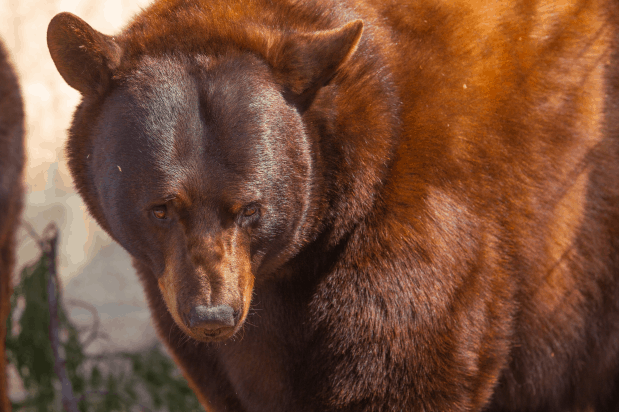
It was last updated 15 days ago, after the denial, and nowhere in any of the updates or preliminary information did it mention that the animals would need to be killed if they would not be allowed to move. The members of the commission said they were “shocked” and that they were not informed that this would be the outcome if the sanctuary had to stay put.
“They believe that we made them euthanize the animals. That’s the story that’s evidently being told and we did not do that,” County Chairman Danny Wilcox told the Huffington Post. “In fact, we verified that the animals would continue to live.”

According to Wilcox, the owners said that if they were denied their request that the sanctuary would continue to run the same way it had for the past ten years. Residents of the community that the sanctuary was supposed to move to strongly opposed the request, stating that the wild animals would disturb the peace and pose a risk to the community’s humans and livestock. They also expressed a concern that the lions would be roaring at all hours, though Laub said that the lions roar maybe twice per day.
Other wildlife sanctuaries are deeply saddened by the news of the euthanasia and several said that they would have taken the animals in if the owners had called for help. Wilcox stated that two sanctuaries, one which was later identified as Wild Animal Sanctuary and is only 70 miles from Lion’s Gate, had offered to take in the animals if the move was going to be denied. Pat Craig, the owner of Wild Animal Sanctuary, was baffled at Lion’s Gate’s decision not to even contact other rescues.
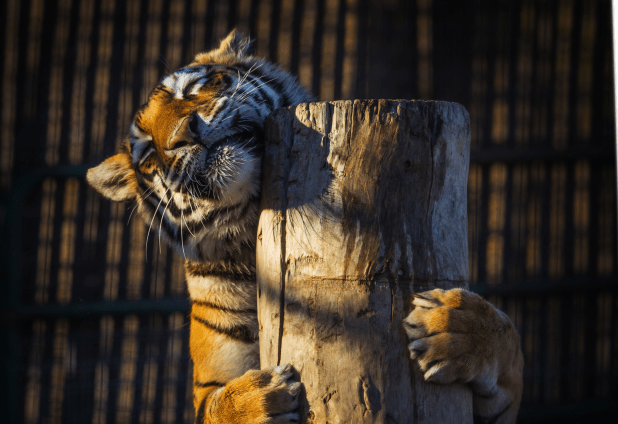
Tammy Thies, the founder and director of The Wildcat Sanctuary, which is located in Minnesota, has had an ongoing relationship with Lion’s Gate Sanctuary since before it was bought out by Laub and Winney and when it was still called Prairie Wind Animal Refuge. The previous owner, Michael Jurich, had gotten sick and was running out of money for the many animals he kept taking in, requiring him to rehome some of them in his desperate attempt to keep his animals healthy and alive. When Jurich was still the owner, the Denver Post reported that Jurich refused to ever euthanize his animals.
“Euthanasia is not an option out here,” he said, “unless they start with me.”
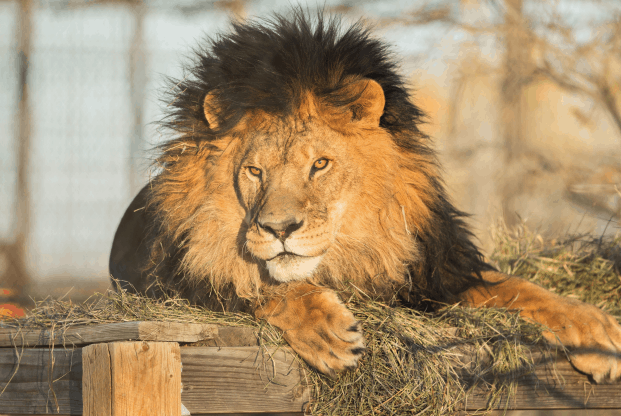
This is the resounding feeling throughout many animal sanctuaries, though evidently Laub and Winney did not share this thought. They have claimed that they would have been unable to rehome the animals because they were all elderly and some required medications for special needs. Since they were a small rescue, their animals got one-on-one time and never had to deal with other humans because public visits were not allowed, and they said that the huge change for the older animals would have depressed and stressed them out.
Others have posed this question: how is it that the animals would have died from moving to another sanctuary when that’s exactly what Laub and Winney planned on doing if their move was approved? A volunteer from Lion’s Gate said that a move to a larger sanctuary would have killed them, though this was the intent behind their move anyways.
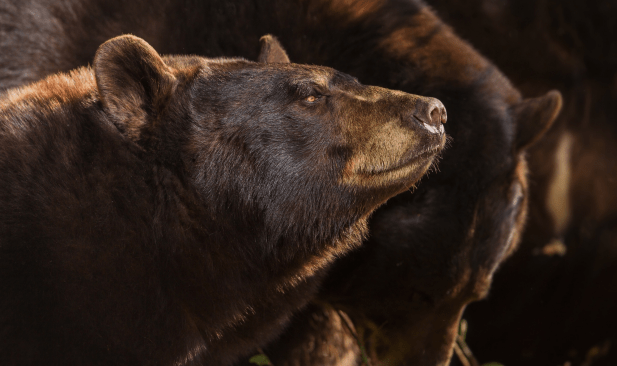
Laub and Winney have since silenced themselves and shut out the media, even deleting their website and Facebook pages, though they had this to say prior to their silence:
“The Elbert County Commissioners did not take our application or the plight of our animals seriously. They did not take the safety of Elbert County residents seriously. We told them it was no longer safe to keep the animals at that location and we needed to move.”


